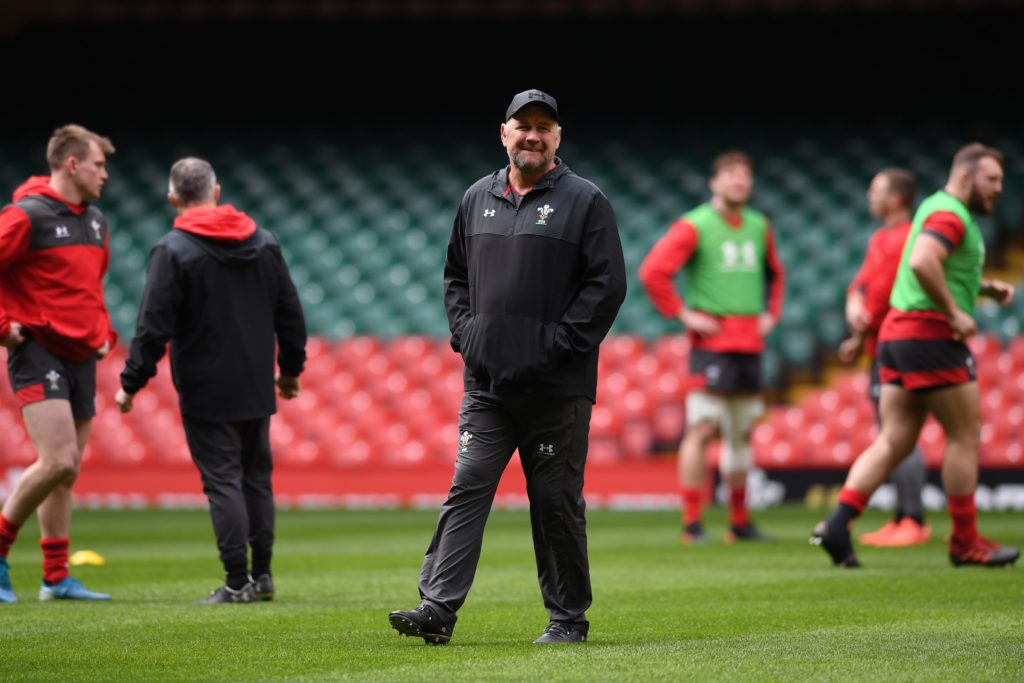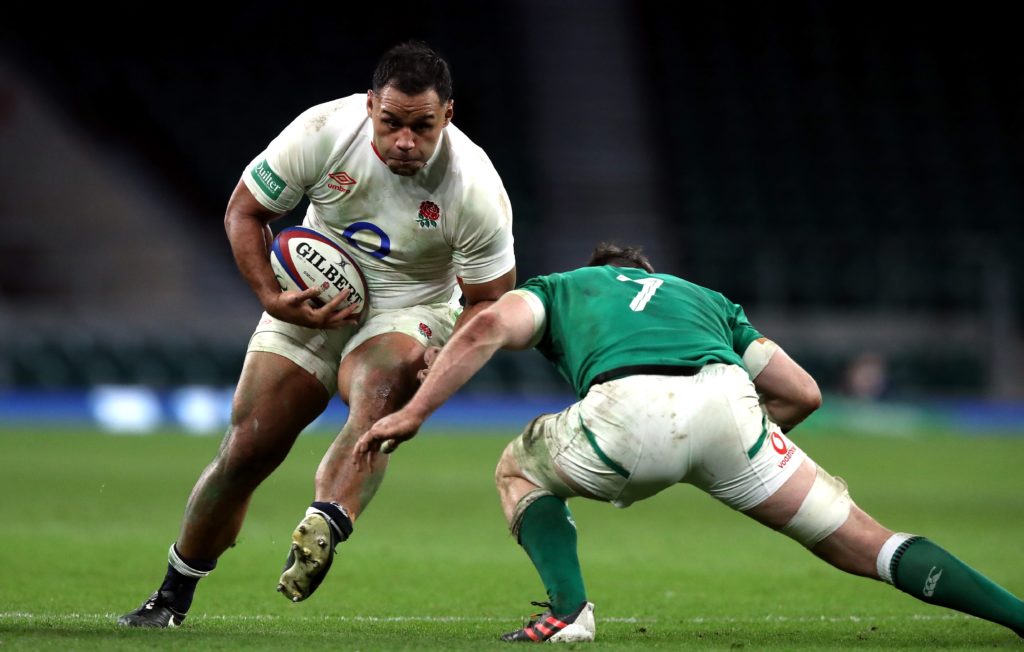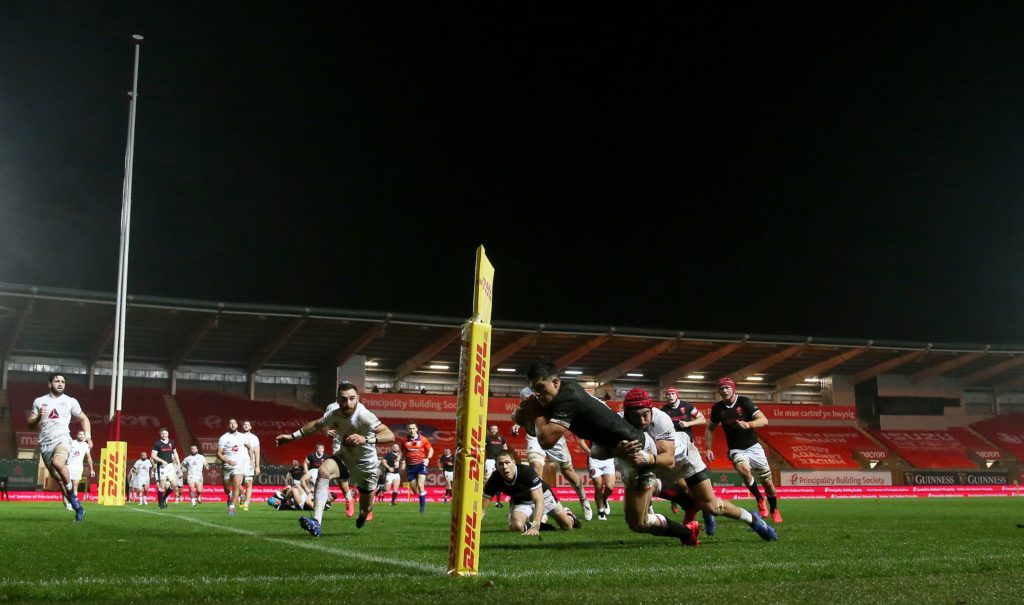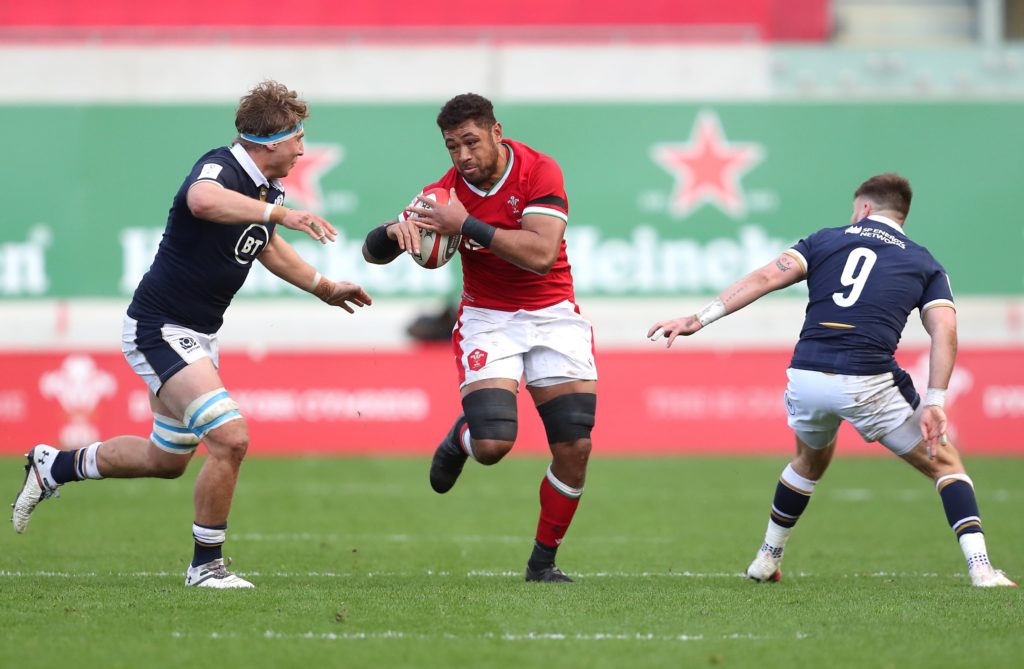How to arrest a losing run is one of sport’s toughest questions, yet one that has only ever been treated to one answer, ‘We’ll just have to keep working hard’. As if you wouldn’t have bothered grafting if you’d won. As if repeat losers are only diligent and exhaustive on those days away from the bright lights and high-definition cameras.
Of course, this answer is one designed to propel the interviewee as rapidly as possible towards the calming horizon represented by said interview’s end. There’s always hope that a brutal, surgical answer will come but, let’s be frank, whenever coaches offer one of those, they are summarily hammered for turning on their own. It’s a position from which a coach can’t win, so to speak.
The eternal dichotomy that is Welsh rugby dictates that pressure will never ease. If Wales are rampant and winning Grand Slams, they’re punching leagues above their weight, their coach is a master of men, and expectation is in the clouds. If Wales are losing, they are hopelessly under-resourced in both financial and human terms, and their coach must live in fear of that Monday morning tap on the shoulder from someone’s assistant, asking him to pop upstairs for an unscheduled chat.

The most savage of all the challenges facing this Wales team is a psychological one. They are all intelligent, elite rugby people, so they know very well that they are in poor form. There will be a gaggle of defiant orators within that group — and one or two of them might actually believe that he and his pals have been wronged or robbed — but the vast majority of people in that room will know the hard truth: Wales have simply not been good enough to win.
From their sporting hell, they must accelerate miraculously north, somehow finding an identity and a level of brute force that now seems alien to them.
The challenge, though, is that those players know that finding a bit of a groove won’t be enough against an England team so physically superior to Ireland last Saturday that, from the commentary position with our high-quality headphones on, there were numerous collisions that made us wince. They know that from the depths of form, as reputations feel like they’re in jeopardy, and pressure — both existential and internal — gathers and swarms to a potentially suffocating degree, they must produce a performance eons beyond anything they have delivered in more than a year. From their sporting hell, they must accelerate miraculously north, somehow finding an identity and a level of brute force that now seems alien to them.

There simply are not enough rugby players in Wales to recycle the whole squad so, ultimately, these negative results clatter first on to the shoulders of coach Wayne Pivac. To this end, his selections will be scrutinised more aggressively as the weeks pass, and that probably makes him less likely to be bold (of course, it has always been very easy indeed to demand boldness from a comfy sofa). Far harder is gambling — which is effectively what selection is — when the stakes have never been higher. Many claim that there was always going to be a lean period in the post-Warren Gatland era, but why? Well, the WRU finding the largest individual salary in their history in order to keep Shaun Edwards now seems like it would have been a worthwhile expense, but the playing group is largely the same, and Pivac is unlikely to ask them all to play with ballet shoes and blindfolds on.
The reason, it seems, is that Pivac wants to move the Wales team on in terms of rugby ambition and that can be a tremendously difficult thing to achieve, however appealing the prospect of the finished product seems in theory. Certainly, the Scarlets were often fabulous to watch with Pivac running the show, but this was club rugby played in a league with no relegation (a bit like the Six Nations in that sense) and only sporadic cases of real intensity.
One or two scintillating Jonny May moments aside, England have gone full Priti Patel and bullied those in front of them until they collapsed.
For all their impact-based success this year, England have rarely cut loose and made us gasp. One or two scintillating Jonny May moments aside, they’ve gone full Priti Patel and bullied those in front of them until they collapsed. Wales have long been eagerly combative, astonishingly brave, but sometimes a bit predictable. Pivac wishes to extend Wales’ arsenal of weapons, and to do this it seems likely that he will have to leave some legends at home.
As well as having to somehow rediscover that ferocity of bodily resistance so synonymous with the great Shaun Edwards, this team need to be too scary to kick loosely to; to turn over ball to; to be imprecise against. Leigh Halfpenny is one of the Welsh greats but, frankly, I’d rather him running the ball back at me than Liam Williams. Williams is both balletic and brave under the high ball and, when fit, is wasted on the wing. Halfpenny isn’t likely to let anybody down, but nor is he likely to have English defenders quaking in their sponsored boots. Louis Rees-Zammit is inexperienced, not terribly large and, being a winger, will surely be exposed a few times on his way to greatness, but he is also terrifying. He may not defend at an elite standard yet, but he is rapid, skilful, clever and courageous. His selection gives me hope and, were there to be any fans in Llanelli on Saturday, it would give them reason for arousal.

Some of my keenest recent memories are of Dan Biggar being magnificent against England, but the relative lack of recent impact from Jonathan Davies at outside-centre in attacking terms — and how key any fly-half is to his midfield’s performance — has to be considered. Of course, a dominant forward pack makes any backline’s life easier, yet it will be fascinating to see if Nick Tompkins can do more to augment and diversify the Welsh threat to the brutal English defensive wall.
Jim Botham and Shane Lewis-Hughes need to find a large hatful of explosive carries from somewhere.
Up front Wales need power first if Taulupe Faletau is to shine. Faletau is a sumptuous player at his best but a contemporary behemoth he is not, and this is now a game replete with ogres. Josh Navidi – with his close-quarters power – would have been an ideal foil for Faletau but, in his stead, Jim Botham and Shane Lewis-Hughes need to find a large hatful of explosive carries from somewhere. Wyn Jones appears almost old school by today’s all-court standards, but he is Wales’ best loosehead prop when the heat comes on and, boy, do they need their set-piece to stand up to Kyle Sinckler and Co.

If anything, Wales would almost rather play New Zealand or South Africa this weekend, as expectation would drop significantly. Hope wouldn’t, but expectation would. Against England, though, a hammering would be cause for a national depression and the sort of pressure that English players can only imagine would wreak havoc with the heart rates and sleeping patterns of those inside the red camp.
What would be wonderful would be for Wales to produce a truly adventurous, frothing, venomous performance to stir the soul. Losing could perhaps even be forgiven if they tore into their most bitter rivals with the sort of controlled but frenzied vigour that we know lies within those iconic red jerseys. If they manage this, it will be some day in West Wales. If they don’t, England could stomp them into the dirt.
More Wales stories
If you’ve enjoyed this article, please share it with friends or on social media. We rely solely on new subscribers to fund high-quality journalism and appreciate you sharing this so we can continue to grow, produce more quality content and support our writers.


Comments
Join free and tell us what you really think!
Sign up for free